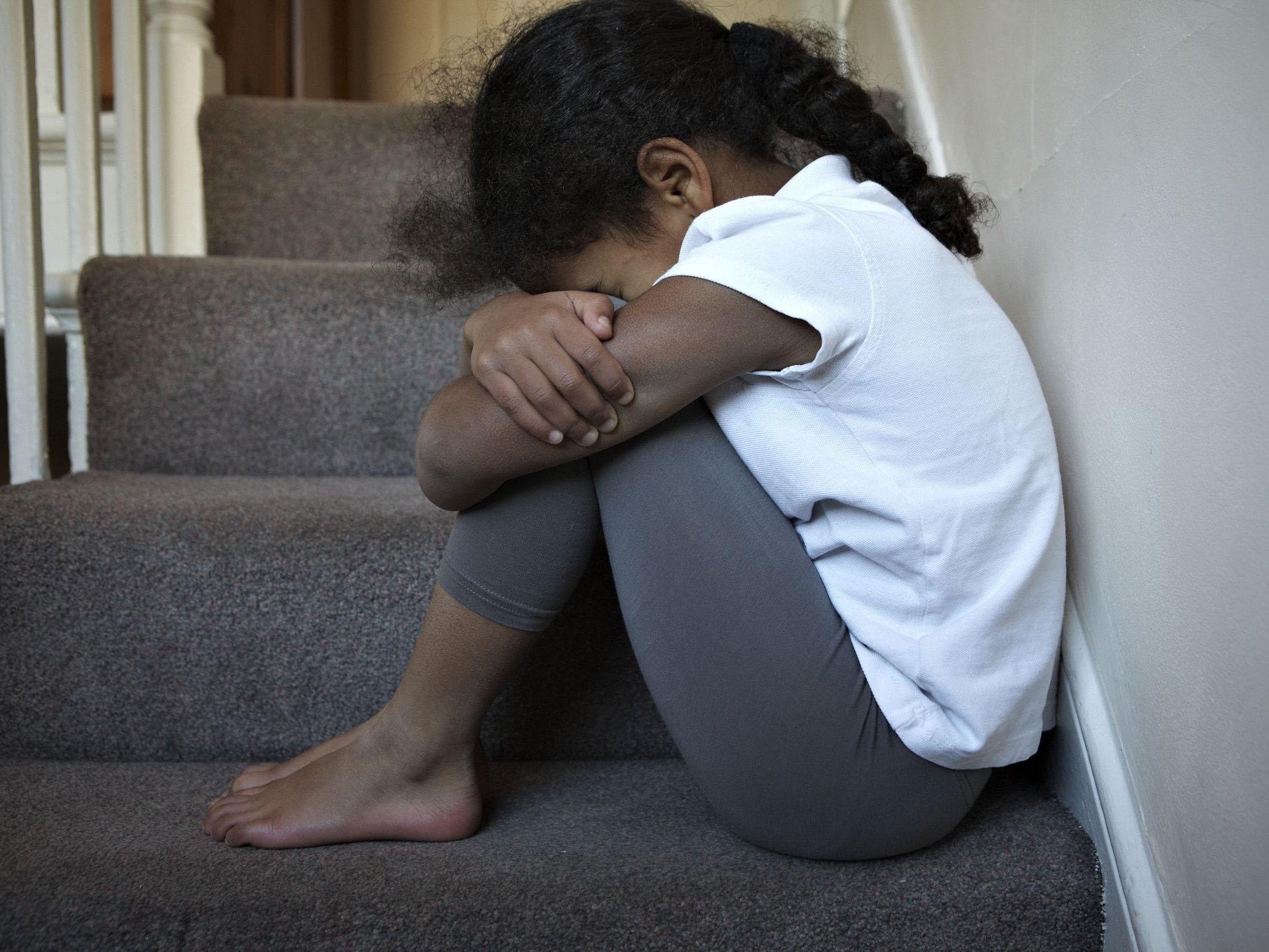Four times as many teenagers physically abused compared to younger children, NSPCC report finds
Reports of physical abuse increased by 53 per cent during coronavirus lockdown

Four times as many adolescents suffer physical abuse compared to younger children in England, an NSPCC analysis of police-recorded offences has found.
Reports of physical abuse to the charity increased by 53 per cent during the coronavirus lockdown.
It said its report reveals the scale of abuse against adolescents for the first time, highlighting their increased risk of experiencing physical and sexual abuse.
The charity’s report, How safe are our children? 2020, found both the numbers and rates of recorded physical abuse offences against 11 to 18-year-olds in England and Wales have increased since 2014/15, according to the report.
There were 99,139 recorded physical abuse offences against children and young people aged 11 to 18 in England in 2018/19.
It was a recorded rate of 197.4 physical abuse offences per 10,000 adolescents, four times the rate of 48.7 per 10,000 children aged under 11.
In Wales, there were 240.1 physical abuse offences recorded per 10,000 11 to 18-year-olds, compared with 70.5 per 10,000 children aged under 11.
During the coronavirus lockdown, the charity’s helpline received 1,066 contacts about physical abuse on average each month between April and July, compared with a monthly average of 696 before lockdown.
The report also found recorded offences of rape and sexual activity with a 13 to 15-year-old have risen 5 and 8 per cent respectively in the past year in England.
Around nine in 10 of the recorded rape offences in 2018/19 were against girls in England, Wales and Scotland.
In 2018/19, there were 45.4 rape offences per 10,000 13 to 15-year-olds and 77 offences of sexual activity per 10,000 13 to 15-year olds in England.
This is compared with nine rape offences per 10,000 under-13s, and 9.8 offences of sexual activity per 10,000 under-13s.
The NSPCC said it has seen a rise in the number of people getting in touch and the number of counselling sessions held about child sexual abuse within the family during lockdown.
Its report also found that rates of police-recorded online grooming offences against adolescents are nine times higher than those concerning younger children.
In 2018/19, the rate of recorded offences against adolescents in England was 9.9 per 10,000 12 to 15-year-olds, compared with a rate of 0.8 per 10,000 under-12s.
The rate of recorded offences against adolescents in Wales was 14.8 per 10,000 12 to 15-year-olds, compared with a rate of 1.8 per 10,000 under-12s.
Over the past decade, the proportion of Childline counselling sessions with adolescents about suicidal thoughts and feelings has increased.
The NSPCC said 80 per cent of children it surveyed with pre-existing mental health problems said the pandemic had worsened their mental health.
It said there are also indications that child suicide deaths may have increased during lockdown, but it is too early to call this a trend.
There were 26 probable child suicides during the 82 days before lockdown, and a further 25 in the first 56 days of lockdown in England, the charity said.
It was citing research from the National Child Mortality Database (NCMD) Programme.
In 12 of the 25 post-lockdown deaths, factors related to coronavirus or lockdown were thought to have played some part.
These included restrictions on education and other activities, disruption to care and support services, tensions at home and isolation.
Peter Wanless, NSPCC chief executive, said: “No-one has been left unaffected by the uncertainty we are living through. For adolescents, already navigating perhaps the most challenging period of their lives, the impact is likely to be significant and, in some cases, lasting.
“As pupils return to education, we need to be prepared to make sure schools and teachers, children’s social care and other safeguarding partners are ready to support every young person who has suffered during lockdown.”
A government spokeswoman said: “Child abuse is a truly sickening crime. The government has made tackling it a priority in order to safeguard victims and bring perpetrators to justice.
“We have invested millions in charities supporting vulnerable young people at this time, including the NSPCC which received £1.6m for its helpline, and have provided councils across the country with £3.7bn to manage the increased pressures they face during the pandemic.
“Law enforcement agencies in the UK are currently arresting around 600 individuals and safeguarding over 700 children each month through their efforts to combat online child sexual abuse.
“We are working towards publishing our first of its kind national strategy on tackling child sexual abuse by the end of this year.”
Additional reporting by Press Association
Join our commenting forum
Join thought-provoking conversations, follow other Independent readers and see their replies
Comments
Bookmark popover
Removed from bookmarks